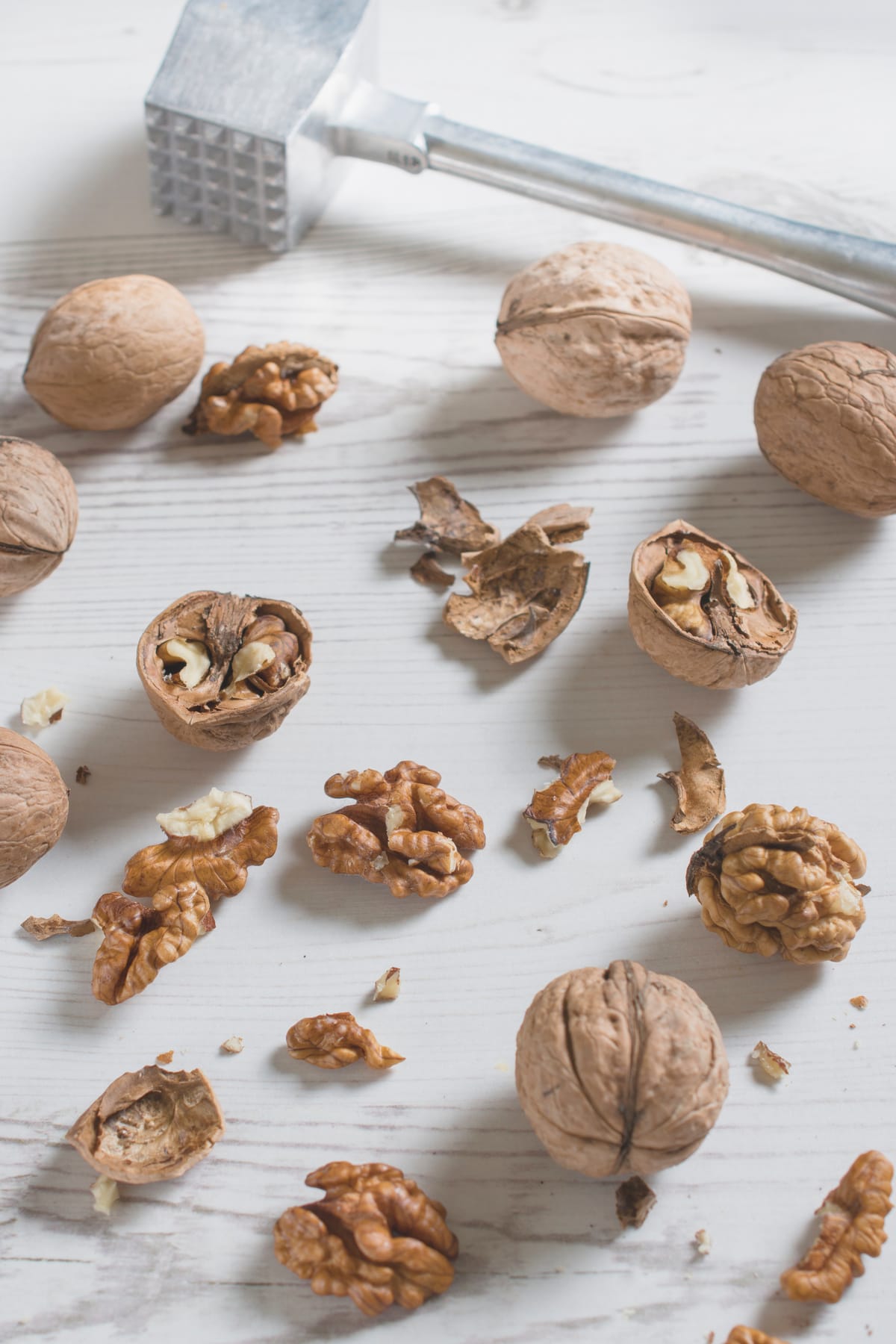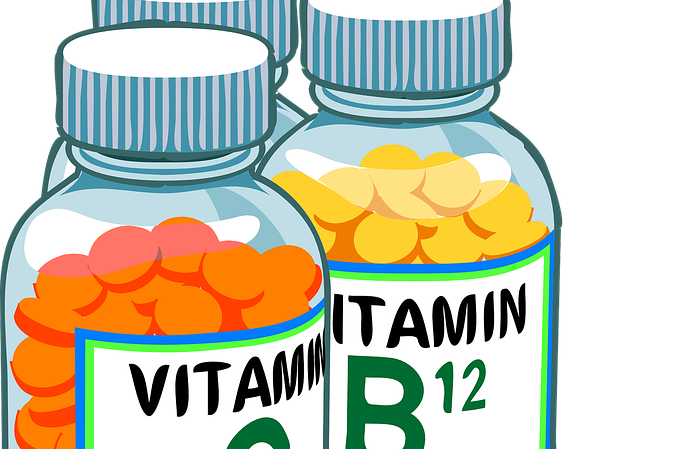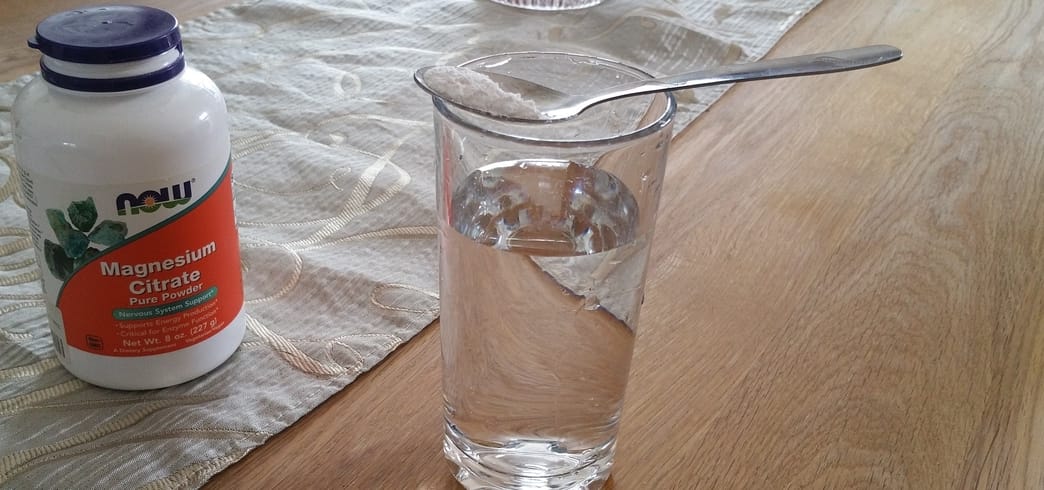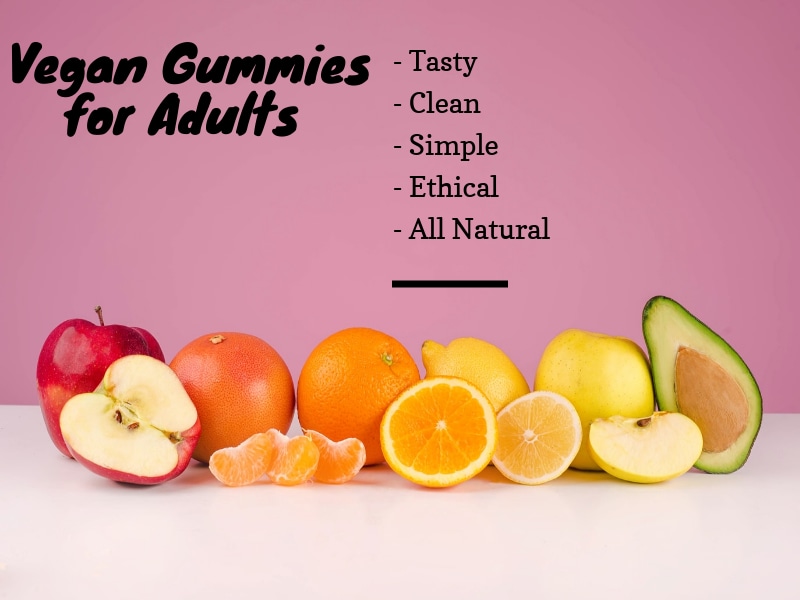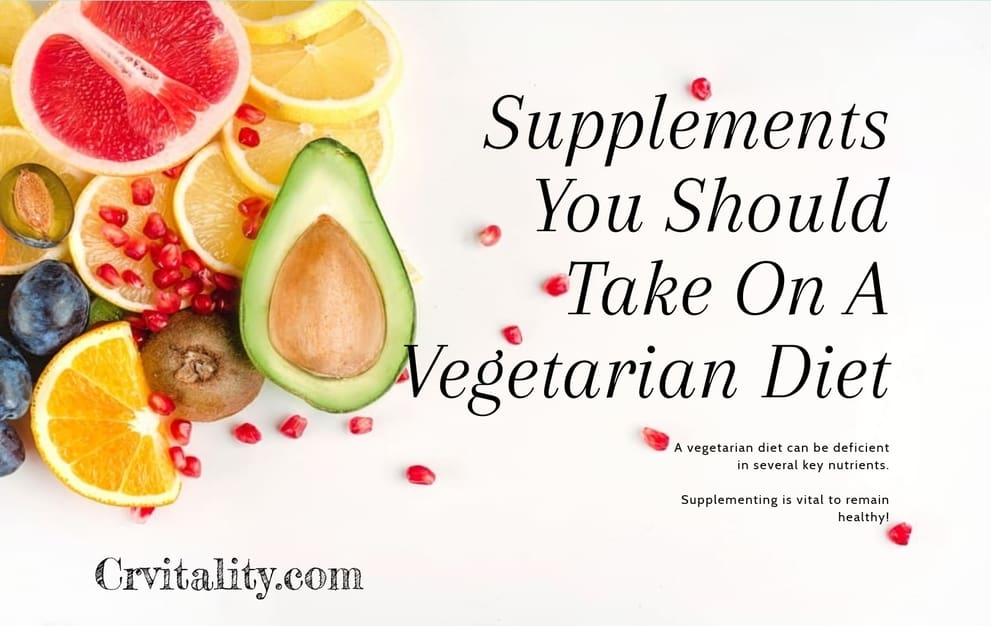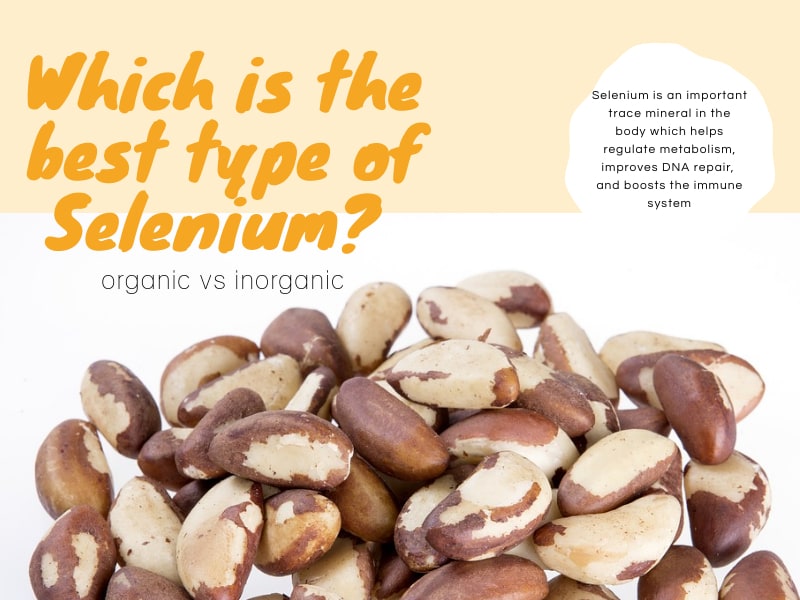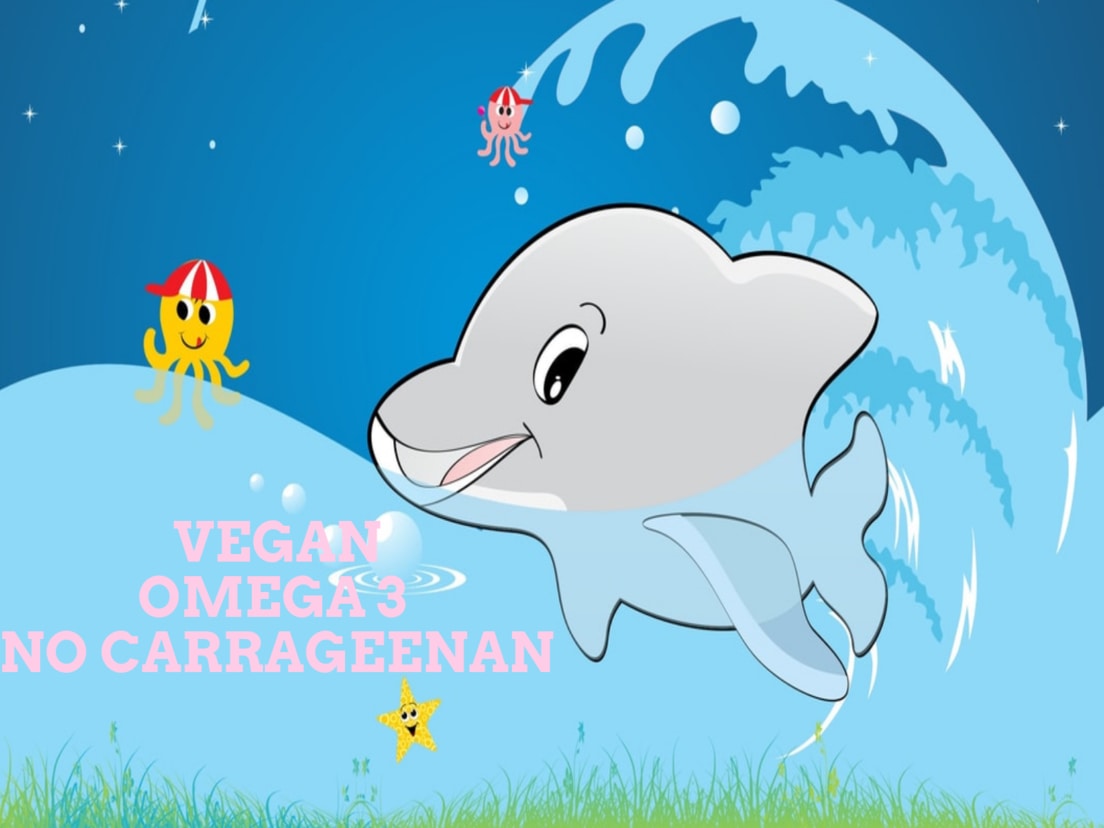Disclosure: This article may contain affiliate links. If you decide to make a purchase, I may make a small commission at no extra cost to you.
Calcium is essential not just in childhood to develop strong bones and teeth but also is protective against conditions like osteoporosis as we age. And although calcium is commonly associated with just being important for bone health, it also plays many other important roles in the human body. A vegan diet can supply enough calcium, but choosing the right foods is important. And there are also calcium supplements for vegans if you have trouble consuming enough from diet.

To help vegans get enough calcium, manufacturers of ‘vegan products’ have fortified many foods with calcium. You can often find different types of milk substitutes which contain calcium. Vegan yogurts will usually have a good amount of calcium in them as well.
Calcium can also be found in leafy greens such as Kale, Chinese Cabbage flower leaves, mustard greens.
However, there is a problem: some vegans choose to eat foods which have calcium but it’s poorly absorbed. And if you’re a fussy eater or don’t have access to certain foods, then this can make it a bit harder to meet your daily needs of calcium from just diet alone.
Spinach is a popular leafy green for vegans, but unfortunately, you would need to eat 16 servings to equal one serving of milk because of its poor bioavailability.
But that’s okay! There are plenty of vegan supplements which provide calcium either by itself or as part of a multivitamin.
When choosing a supplement there are also a few things to consider.
- How much calcium does the supplement contain and in what form
- Is the supplement completely vegan?
- If the supplement also contains vitamin D, where does it come from? Make sure that it comes from a vegan source such as lichens.
- Does the supplement contain any artificial ingredients which may be harmful to health
- And personal preferences such as the cost of the supplement, taste, size of the supplement and what form it is available in, etc
How to choose the right calcium supplement
As with many supplements, more isn’t always better. You should make sure that you get the recommended daily allowance, but also not consume too much to be at risk of health complications from excessive calcium intake.
I’ve compiled a list of the best foods for calcium and vitamin D on a vegan diet. If you’re not consuming many of the foods at the top of the list, then supplementing might be a good idea. So think about how much calcium you’re getting and then you can decide which supplement below is the best one for you.
Unless your diet is very restrictive in what type of foods are included and you’re also eating a very low-calorie diet, it’s unlikely that you will need a calcium supplement which provides you with 100% of your RDA.
The amount of calcium a person needs also can vary with age. (mayo clinic)
Men between 19-50 years: 1000 mg per day (upper limit 2500 mg)
Men between 51-70 years: 1000 mg per day (upper limit 2000 mg)
Men who are 71 years: – 1200 mg per day (upper limit 2000 mg)
Women between 19-51 years: 1000 mg per day upper limit 2500 mg)
Women 51 years and older: 1200 mg per day (upper limit 2000 mg)
How much elemental calcium you’re getting from the supplement
Another factor to consider is the form of calcium you’re getting.
Calcium carbonate contains 40% elemental calcium
Calcium citrate contains 21% elemental calcium
Calcium gluconate contains 9% elemental calcium
Calcium lactate contains 13% elemental calcium
In most supplements on the market, you’ll usually find that they contain either calcium carbonate or calcium citrate. It’s believed that the calcium citrate has better bioavailability than carbonate, and also is better absorbed when taken on an empty stomach.
Top Vegan calcium supplement picks
Below are 3 calcium supplements that I have researched to make sure they are completely vegan without any hidden ingredients or ones which are easy to overlook. I’ve come across a lot of supplements before which have ingredients such as pharmaceutical glaze, but who would know this is not vegan without doing their research?
If you have any questions about the calcium supplements below, please leave a comment and I’ll get back to you quickly.
#1. Garden of Life – MyKind Organic Plant Calcium Supplement with Vitamin D3, K2, and Magnesium
A vegan looking for a good natural calcium supplement to help maintain strong bones should consider this one first. It contains 800 mg of calcium 20 organic fruits and vegetables including algae.
In addition to calcium, the supplement also includes 1000 IU of vitamin D sourced from lichens (a vegan source of D3), as well as vitamin K2 sourced from Natto, and Magnesium. All of these work together to help maintain strong bones and prevent osteoporosis.
I’ve mentioned before that strontium is something that vegans should consider taking because of its ability to improve bone health. This supplement contains a small amount (4mg) as well as vanadium which has been found to improve cell proliferation, osteoblast differentiation and mineralization of bones.
Garden of Life offers the highest quality supplements with all their nutrients sourced organically and without any synthetic ingredients. They offer premium supplements for those who want the best, but they can be a bit pricey. If you can afford it, then I recommend trying this supplement.
Features: This calcium supplement has been certified USDA organic and is verified NON-GMO. Contains entirely natural (organic) ingredients in easy to swallow tablets.
Important info: This calcium supplement is not suitable for children.
Contains: Calcium (800 mg), Vitamin D3 (1000IU), Vitamin K2 (80 mcg), Magnesium (60 mg), Strontium (4 mg), Vanadium (15 mcg).
See current price and reviews here.
#2 Naturelo Bone Strength with Plant Calcium, Magnesium, Vitamin C, Vitamin D3, and K2
Naturelo is another great brand that vegans can trust. This supplement has been formulated to supply key nutrients to maintain strong bones but at a more affordable cost.
Naturelo bone strength supplement contains a little less calcium (600 mg) compared to MyKind organics above (800 mg), so it would be suitable for vegans who are getting most of their calcium from their diet but just need a little boost.
This supplement is suitable for both vegetarians and vegans, and for anyone who is looking to maintain bone health and prevent osteoporosis.
Features: Contains ingredients which enhance calcium absorption for maximum benefit. The supplement is GMP certified, contains no soy, gluten, or GMO ingredients. Completely natural.
Contains: In addition to calcium, they’ve added vitamin D3, K2, Vitamin C, Magnesium, Zinc, Manganese, Potassium, as well as Boron an Silicon derived from horsetail (a herb, not literally a horses tail).
See current price and reviews here.
#3 Deva Vegan Vitamins Calcium + Magnesium Supplement
Deva supplements are usually the cheapest vegan supplements around. Of course, given the fact they are cheap, you can’t expect the best ingredients, but they do try to formulate their products well.
As with the other supplements, all the ingredients are sourced naturally, and rather than just having calcium alone, it contains many other vitamins and minerals which are known to support bone health.
I would only recommend this supplement if you’re on a budget and just want a supplement to take short term while you get something better later.
The reason I say this is because it contains vitamin D2 (less effective than D3), even though we can now get our D3 from a vegan source like lichens. It also has vitamin K1 instead of K2 and contains magnesium oxide, which isn’t well absorbed.
All that being said, Deva Calcium supplement does contain 1000 mg of calcium in different forms (carbonate, malate, amino acid chelate, and citrate). I think 1000 mg might be a bit too much for most people, so you could take just one or two capsules per day instead of the 3 it recommends. And that way the supplement will also last you a lot longer!
Features: 100% vegetarian and vegan and has been certified by the vegan society. Deva products are also a completely vegan brand, and therefore you don’t have to worry about mislabeling or anything like that. You know what you’re getting!
Contains: In addition to a significant dose of calcium you’re also getting many other ingredients such as Vitamin C, Vitamin D2, Vitamin K, Magnesium, Zinc, Copper, Boron, Horsetail (7% silica from herb), inulin (prebiotic), L-lysine (amino acid).
The supplement is the best one and I would not recommend it over the previous two, but it’s good enough for a short-term supplement to keep you going.
See current price and reviews here.
Why should vegans take calcium supplements?
Depending on how carefully you select your food, it is very possible to have low levels of calcium on a vegan diet and choose foods which have plenty of calcium but it has poor bioavailability. Some studies show that vegans also may have impaired bone turnover rates and a significant decrease in bone density.
There is a debate on whether the *bone quality* of vegans is better due to less inflammation. It would be expected that since a vegan has a much lower BMI, they would also have less bone mass density. Nevertheless, some of the results for bone density from this study are worrying.
If you’ve crunched your numbers on a dietary app like CRON-O-METER and you’re consistently short on calcium, then a supplement might be the way to go until you’ve either adjusted your diet well enough to increase calcium intake from the best vegan food sources.
Symptoms of calcium deficiency
Although many of these symptoms are relatively uncommon, it’s important to be aware of what could happen if you become seriously calcium deficient.
- Muscle cramps (calcium is an electrolyte and important for muscle contraction and relaxation)
- Weak and brittle fingernails and toenails
- Repeated bone injuries from knocks and falls
- Poor appetite
- Feeling tired all of the time and not having much energy
- Dysphagia or trouble swallowing
- Fainting spells
Conclusion
Calcium isn’t a supplement that every vegan needs to take but can be useful for people who are aging (older than 40) and have a low bone mass and BMI.
Also for someone who is a beginner to a vegan diet, a supplement can offer some reassurance that you’re getting adequate levels of nutrients while you adjust to the new way of eating.
Vegan calcium supplements are often mixed in with many other vitamins and minerals, so if you’re already taking a vitamin D supplement, make sure you’re not taking more than the upper limit.




